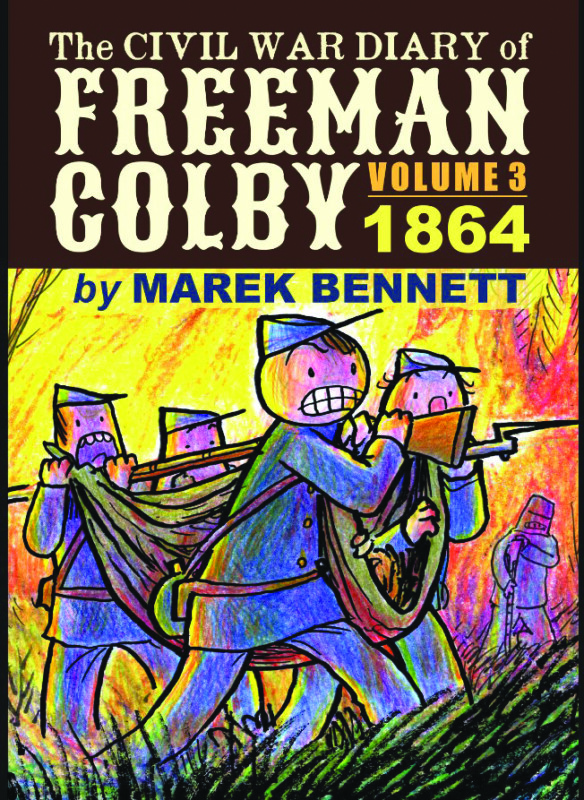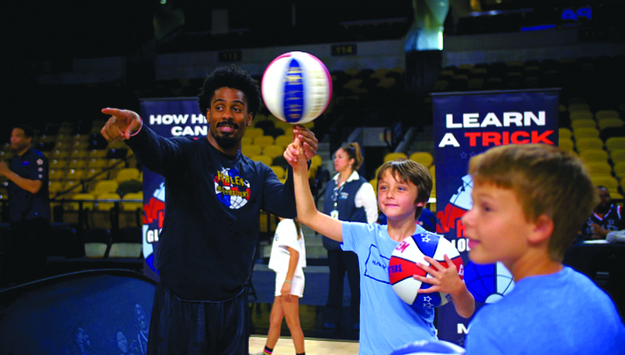Our 15th annual predictions for the year ahead.
January: A day after their disappointing season ends, Patriot Nation files a restraining order to prevent Matt Patricia from being within 200 yards of the Patriots offense or Mac Jones in 2023. Coach B hears the begging from all corners of New England and announces Patricia has been “re-assigned” to a front office role. Heavyweight boxing is heard from for the first time in decades when, during an appearance on the Hitman Hearns podcast to commemorate the 50th anniversary of George Foreman winning the Heavyweight crown in 1973, the two-time champ asks what ever happened to Heavyweight boxing. And no one knows the answer.
February: After digging themselves out from the 13th western New York blizzard in 30 days, Buffalo wins the Super Bowl over surprise NFC entry New York Giants. With the Bills a 16-point favorite, the G-Men consider bringing Tom Coughlin out of retirement to engineer another massive SB upset, but decide against it. They then lose by 17 to make the folks giving the points happy dudes. In a bid to break Michael Jordan’s record for most retirements by a GOAT, Tom Brady retires again.
March: John Henry acts like an owner and talks to the media for the first time in two years early in spring training. But he soon retreats to the bunker after being bombarded with questions about his team’s epically low 2023 expectations.
April: When the “I’m sorry, I’ll do it your way” bid fails to get Yoko back, Brady unretires again and is traded to the hometown 49ers. The Sox go into 2023 with an average age of 43 for its starting rotation. The good news is, it beats the Vegas over-under of 45 after ancient Rich Hill somehow gets another team to give him a contract leaving him to flee faster than a guy finding an open lifeboat seat as the Titanic was on the way down.
May:After 47 trade-down and trade-up moves in Rounds 1 and 2, Bill Belichick selects punter Ray Guy IV with his top pick. Tampa Bay uses an all-time record 32 pitchers in a rain-shortened six-inning dumpster fire game at Fenway that takes 6 hours and 31 minutes to play.
June: In a first ever for the gentle sport of golf, a massive on-course brawl breaks out between LIV players and old-guard PGAers to mar Day 1 of the U.S. Open. After going down early in the marquee “animal” match-up between a Tiger and a Shark, Time magazine’s “Sports Weasel of the Year” Greg Norman squeezes his way out of the bottom of the scrum to start throwing sucker punches from behind like he’s Mickey Rivers in 1976’s famed dust-up between the Sox and the Yanks. The Celtics return to the NBA Finals, but this time they win in a sweep of Golden State when Jayson Tatum and Jaylen Brown live up to the billing. In the NBA draft, 7’4” Frenchman Victor (the victor) Wembanyama falls one letter short of Michael Olowokandi’s all-time record for having the most letters in the full name of a first overall pick.
July: Not that anyone but puckheads notices, but the Bruins join the Celtics as world champs when the ice hockey season concludes in the calendar year’s hottest month. Raffy Devers is sent packing at the trading deadline to complete the destruction of the Red Sox franchise for a raft of young players ballyhooed by the Sox brass but described by most baseball insiders as “worse than the box of rocks Chaim got for Mookie Betts.” At the presser announcing the move, Boston’s sports answer to George Santos says Devers will be his top priority to re-sign in the off-season.
August: Patricia is detained by security at Pats pre-season camp when he breaches the 200-yard boundary he’s required to maintain. He then quits in protest after learning the restraining order was actually taken out by owner Bob Kraft.
September: Patricia quickly finds work as offensive coordinator at Memorial High and vows he’ll resurrect the dormant-for-decades Crusaders offense. Mayor Joyce Craig immediately tries to overturn the move by telling (shouting at, actually) the school board in front of an overflow open SB session crowd, “Didn’t you people watch the Patriots offense last year?” For her strongly worded commendation, Craig gets an immediate 15-point bump in the polls ahead of her mayoral campaign.
October: Betts and the newly acquired Devers hit six homers off Nathan Eovaldi in Game 7 as the Dodgers top Texas to win the World Series.
November: Xander Bogaerts wins the National League MVP Award in a unanimous vote.
Despite scoring only 21 points on offense all season, Memorial somehow wins the Division 1 Football crown for the first time since Dave Croasdale was a pup. After years of hibernation, UCLA comes out of nowhere to finish in the Top 4 ranked teams in college football to set up an all-Manchester opening-round match-up (in January) between Chip Kelly’s Bruins and fellow Central alum (and Chipper’s old QB at the U) Ryan Day and Ohio State. The Manchester PD begins planning for handling lines at Billy’s Sports Bar, expected to snake past the back entrance to Elliot Hospital.
December: Devers signs with the Yankees in free agency. Mac Jones throws his 40th TD pass to help the Pats clinch a playoff spot, but resists the temptation to flip off the now adoring crowd that was calling for his head just 60 days earlier. After accepting MLB’s new Harry Frazee Team Wrecker award at a lavish gathering at New York’s No No Nanette Theater for discarding Betts, Bogaerts and Devers with astonishing speed, John Henry announces on what’s left of Twitter that he has sold the team to Elon Musk. He’s then installed by Vegas odds-makers and DraftKings as the odds-on favorite to win MLB’s Be Careful What You Wish For award in 2023.
Email Dave Long at [email protected].




